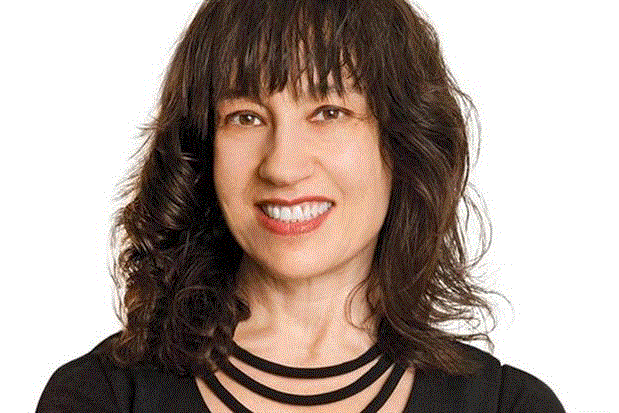Success is getting up and spending all day doing something you enjoy, and then getting paid for it.
There may well be a proportion of the day that you don’t enjoy. One way of looking at it is that this is the part you get paid for, because you’d do that bit of the day that you enjoy for nothing. So if you enjoy most of the day but spend an hour a day doing something that you don’t enjoy – that’s a great daily pay rate. Your pay per dull hour is really high: the whole day’s pay as a reward for the one hour that you don’t enjoy. If you spend eight hours a day doing something that you don’t enjoy, that’s dull or unpleasant – that’s relatively a terrible rate of pay per dull hour.
Research by Lightspeed GMI for : Success strategies for women at work and businesses that mean business, the book I wrote with Kathryn Jacob about gender equality at work, showed that over 45% of the workforces in the UK, Russia and the US would like to change careers. That’s too high; there are too many people on a terrible rate per dull hour.
Choosing the wrong business to work in starts in life. Nine out of 10 grads change jobs by the time they are 24. Part of the problem as you start your career is that you have no idea of what work is actually going to be like. Many undergrads will be eagerly researching careers right about now with finals looming. The one thing they can’t know is what proportion of their job will be dull, or what parts of the job they’d do for nothing.
One solution of course is to ensure that there’s real meaning in the work. Two-thirds of Brits think that it is the responsibility of brands to give back to society. More than half of millennials that they would take a pay cut to work for a socially responsible company. And this group now makes up the majority of employees in many companies.
, HR director for IBM, says that you can tell the difference in people’s enthusiasm for the day job by how they talk about it. IBM’s research found that there is a 125% improvement in productivity in staffers who say "I want to go to work today" versus those who say "I have to go to work today". This means many businesses don’t actually need more employees in a team to deliver great work, but actually they need happier employees.
The upside would pay huge dividends across most workplaces, according to Vanstraelen, as indicate that only 15% of employees are fully "engaged" at work.
There are hundreds of factors that come into play to help to drive this engagement or enthusiasm. Culture is . Purpose and meaning are very important too.
If you want more from your job, you could stop looking around (the grass may not be greener) and start measuring your pay per dull hour and see if you can take steps to improve it. If you want more from your employees, include purpose and meaning in their day jobs that mean that they’d want to do the work anyway.
Sue Unerman is the chief transformation officer of MediaCom


